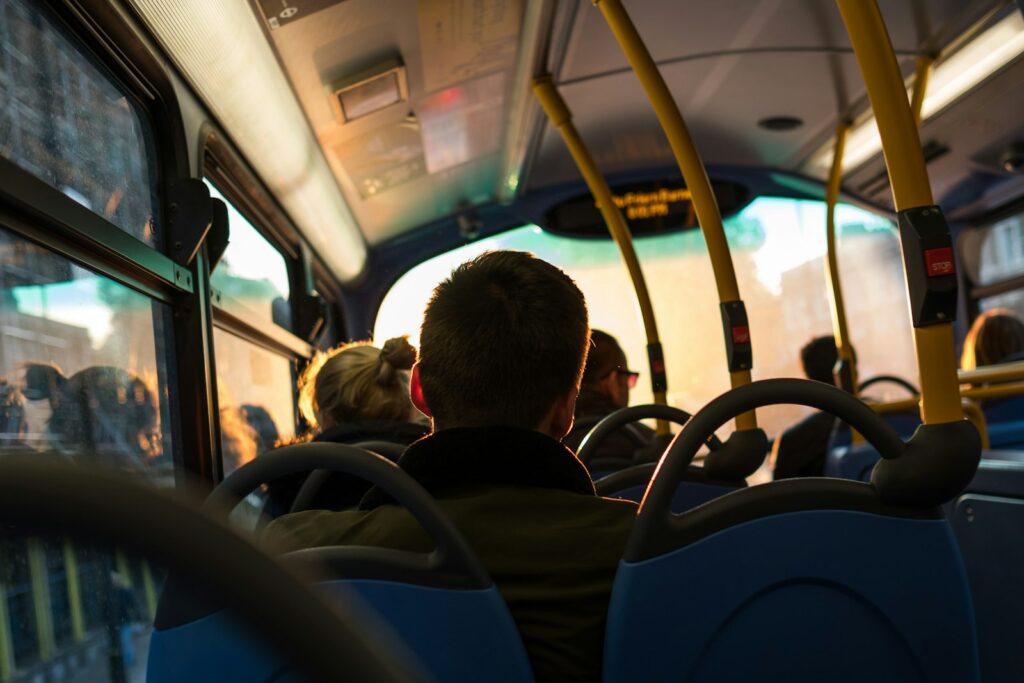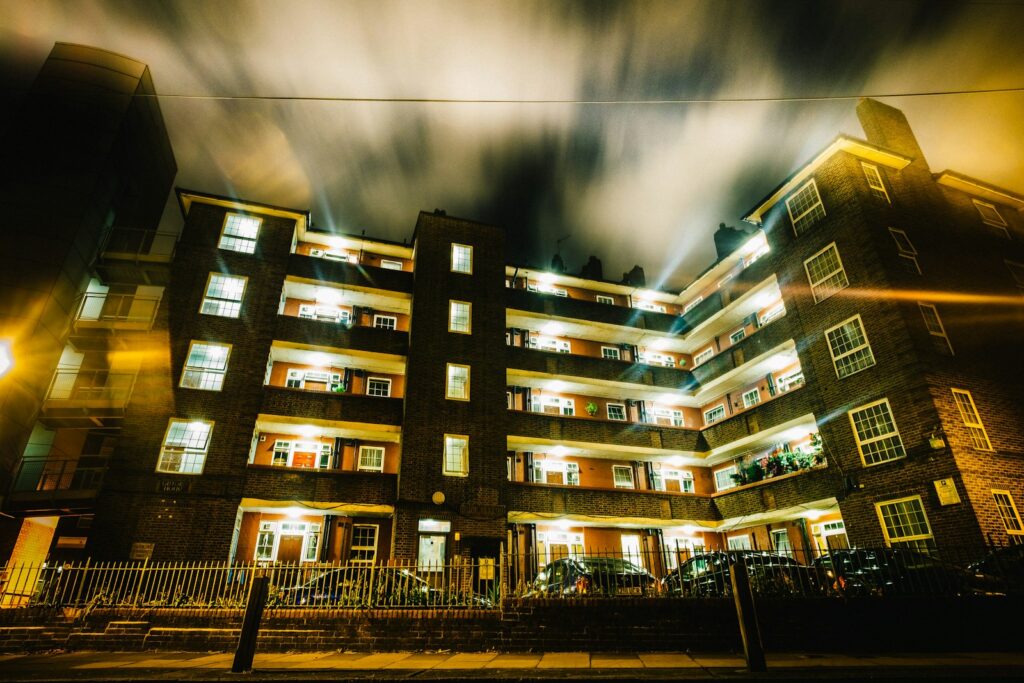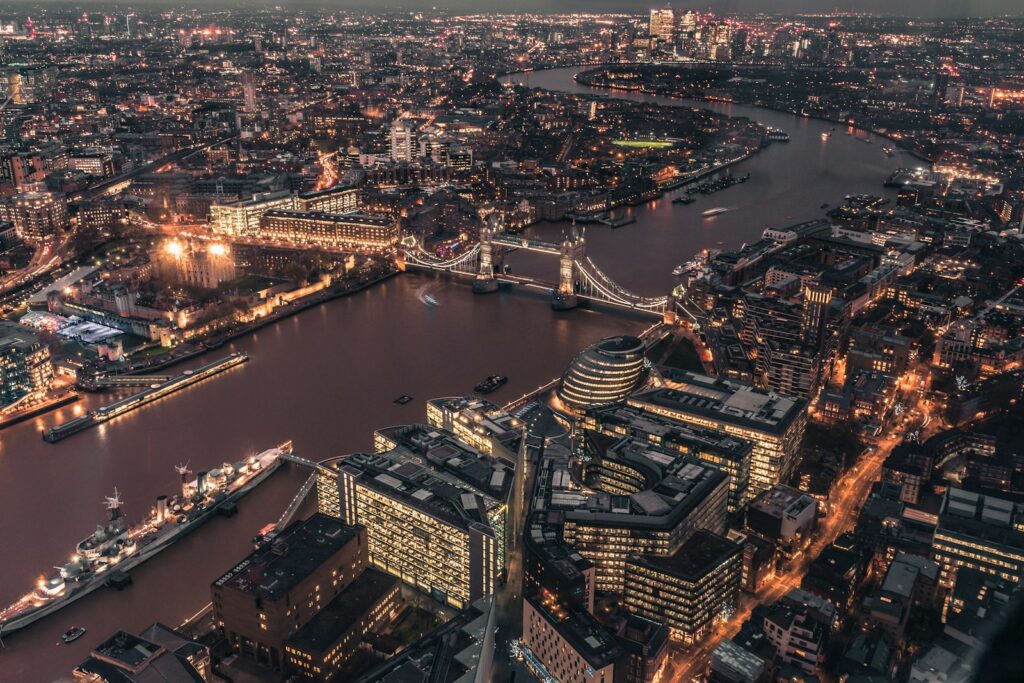Tony Oakman has been chief executive of Bolton Council since January 2018. New Start met him at his Town Hall office to discuss Bolton’s £1bn regeneration plans, why people think they are ‘bloody mad’ for buying a shopping centre, and how Bolton can benefit from its proximity to Manchester.
What attracted you to Bolton?
I’ve always been motivated by places. I’d been approached about other jobs in the past but always said I wasn’t interested for different reasons, but I thought Bolton was interesting.
It’s a cliché but the people here are fantastic. They are very down to earth, friendly and compassionate. They really care and that’s a strong starting position.
The place – what is there not to like? The public realm has a real focus to it. In my interview [for the role] I said Bolton was a sleeping giant. It’s flatlined a bit – but for me, there’s an opportunity to fast track some of the things we have and tell the story of Bolton in a bolder way. We haven’t been very good at talking Bolton up.
Why did the council buy the shopping centre Crompton Place for £14m? Is investing in retail risky?
We knew it was up for sale and we negotiated a better price. The reason we wanted it is it’s central to our plans for the town. If you don’t get hold of it and someone else does, then you lose control of a key site in your town centre.
We’re better in control of the site rather than a third party buying it. That can slow everything down.
We didn’t want to buy a shopping centre, anyone looking at it must think we’re bloody mad. We bought it for the opportunity to influence and change it.
It will be demolished and be a mix of residential and leisure with some housing tenants.
A criticism of Bolton in the past has been its town centre is too large. What are you doing about this?
Bolton is like a huge train set.
The retail sector is on its knees but we’ve redeveloped the market place and Crompton and are developing another retail outlet. [Retail] doesn’t make business or economic sense for the council, our whole model is based on making Bolton a place to live, and a destination.
We’re on a good trajectory. Planning permissions are coming out this month and next. We’ll have more people living in the town. The railway has been a nightmare but it’s quicker to get from Manchester to Bolton than it is from Didsbury to Manchester on the tram – when you’ve got that with the place, the realm, the countryside, and property prices – it gives us a huge advantage.
A quarter mile outside of the town centre is a huge retail outlet, it’s dragged people out of the town centre, they haven’t come in and if people don’t live here then what is the town centre for?
Has capitalism failed places like Bolton?
It’s whether it’s the [retailers] responsibility? You could argue not, but is it our responsibility as a council to facilitate some positive change? That is a requirement of local authorities.
The issue is it’s a shifting market. Everyone uses online and we’re all responsible. We have a Logistics North site near to the town centre. Amazon has opened there. They reduced in one go the unemployment rate significantly. They employed 60 odd people who haven’t worked in years. That business park generates £14m in business rates. If we hadn’t encouraged that, we would have had to cut council services by £14m and that’s £14m we don’t have.
Bolton has had problems arising from racial tensions. How is the council addressing this?
Most towns have those issues. There are cohorts of people who feel marginalised. Certain ethnic groups may feel disenfranchised but we’re not alone in that in Bolton.
White working class men feel – what is in it for me and how do I earn a level of income that will get me to a better lifestyle?
You pick up any local newspaper online comment pages and you will read some unpleasant stuff. Are those people representative of the whole population? I would say no, but there are issues. As a council, our role is to bridge some of that. It won’t happen overnight and we might never resolve it completely.
The regeneration of Bolton and the surrounding towns is about inclusive prosperity. If you don’t create the jobs or the wealth then we won’t create opportunities.
We’re working on engagement because the ways we have conversations with people has got to change. I won’t have a meaningful conversation with someone dressed in a suit and driving a nice car. It won’t work. There’s an anti-establishment feeling. So we have a place-based approach that engages and works across communities more effectively.
Is being so close to Manchester an advantage or disadvantage?
I think it’s an advantage on the whole. People say ‘we don’t want to become a commuter town’ but the realities are, with the skills and industry in Manchester, it will inevitably drag people in. It will create wealth and new people wanting to move to the North West, of which Bolton can benefit.
Because we haven’t been overdeveloped our ambition is to ensure that Bolton doesn’t become a suburb of Manchester.
It’s Bolton – what is it about Manchester that they can’t provide but we can, but we’ve got to work out what our USP is.


















Leave a Reply